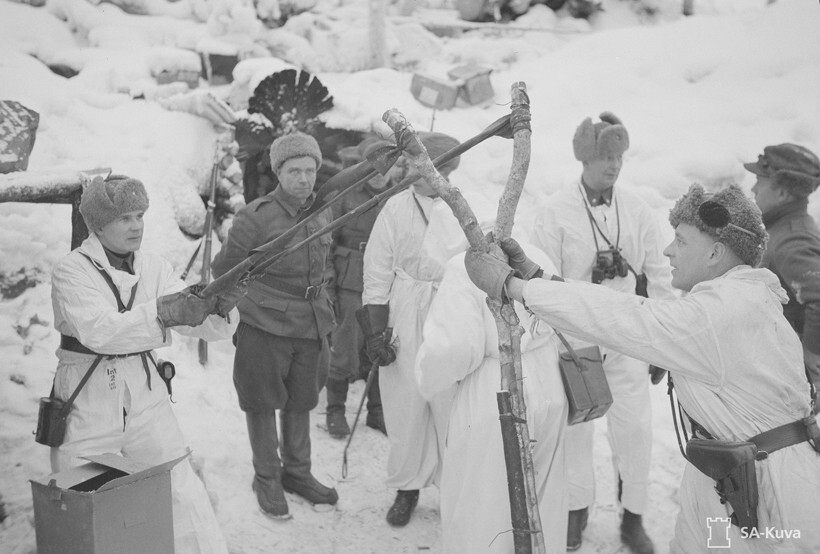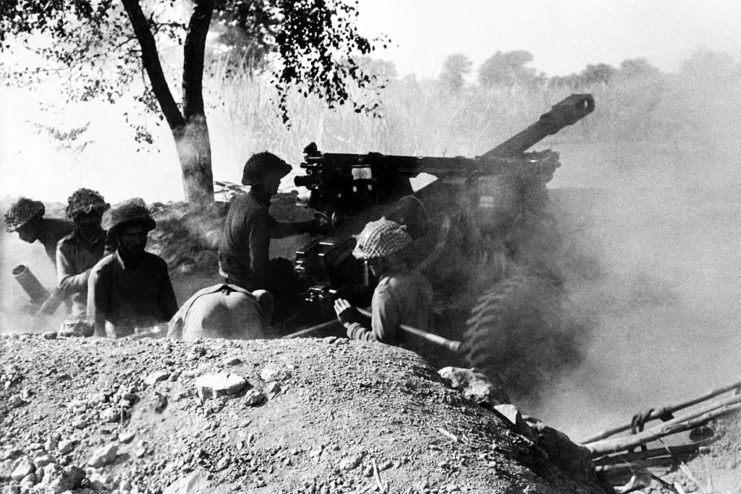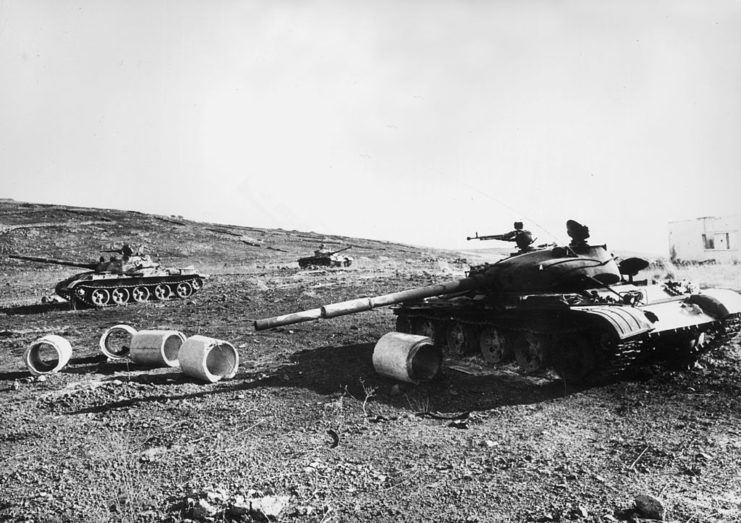5 Embarrassing Battle Losses From Military History

There are simple rules governing most battle victories in recorded history. And one of them is; if one army has a significant advantage in terms of troops and weapons, they should win the battle. For a variety of reasons, though, that isn’t always true. Below are 5 of the most embarrassing battle losses in military history. While there are other shocking losses throughout history, these battles stood out to us because of the strategies implemented by the underdogs and the blundering mistakes made by the aggressors.
The Winter War

In 1939, Joseph Stalin had grown quite the empire. In an effort to make it bigger, he decided to try and occupy Finland in 1939. The numbers were very much on Russia’s side. The Soviets had thousands more troops, planes, and tanks. But the Red Army was nowhere near prepared for the fight the Finns put up.
The war was fought in the dead of winter, and the hearty Finnish troops seemed to have no problem with fighting in the frigid weather. The Russians also traded in strategy for just trying to overpower the Finns with their sheer manpower advantage. That blew up in their faces as the Finns killed thousands.
Finland had a small airforce, but that was by design. Only the very best pilots were trained and put up in the air. The Finnish pilots dominated the Russians for the entirety of the battle. In addition, the League of Nations declared that the invasion was illegal and expelled Russia.
The Battle of Carrhae

Crassus was not only the richest man in Rome, but he also enjoyed an alliance with Pompey the Great and Julius Caesar. Pompey had recently conquered Syria, and Crassus was made the Governor, a post that would make him even more prosperous. But that wasn’t good enough for Crassus, who had higher ambitions. The Roman made plans to invade Parthia with 43,000 troops at his command.
The Parthians had horse archers and one thousand armored horsemen known as cataphracts. Despite their vast advantage, Crassus’ army took massive losses from the archers. Once they got through the arrows, the cataphracts were there to continue cutting them down.
The Syrian governor’s men were close to mutiny, and he scheduled a peace negotiation the next day. During that meeting, however, Crassus was decapitated. The word crass, which means doing something stupid because of a lack of sensitivity, comes from the Roman’s actions.
The Battle of Jingxing

The Battle of Jingxing was supposed to be an absolute rout. On one side, you had Han Xin and his army of 30,000. On the other side, you had Zhao with 200,000 troops. Han Xin, though, had a strategy on his side. The night before the battle, he sent 2,000 of his best soldier to the back of the enemy’s camp, each carrying a battle flag.
Once the fight began, Xin’s troops fought so fiercely that Zhao’s troops retreated to their camp. Once they got there, they saw the thousands of battle flags planted there from the previous night. Completely flustered, the troops returned to the battlefield, where Xin’s army slaughtered them. Over 150,000 of Zhao’s troops were killed.
The Battle of Longewala

The Battle of Longewala wasn’t supposed to be much of a fight. The Pakistani army was looking to take an Indian border post. They certainly had the numbers; 2,000 Pakistani troops with 45 tanks were up against only 120 Indian troops. The Indian forces, however, had a recoilless rifle that could quickly shoot through the enemy’s tanks. And since the tanks were constantly getting stuck in the mud, they made for very easy targets.
There was also a significant amount of barbed wire outlining the area. The Pakistani troops freaked out when they ran into the wire, thinking they could be trip-wires. The Pakistanis had to wait two hours for a mine-clearing vehicle to go over the area. When the two hours were up, air support came in for the Indians, and the Pakistani troops were routed off the field.
Yom Kippur War

There are many historical examples of armies winning wars by outsmarting their opponents. The Arab allies, made up of Syria, Egypt, Jordan, Iraq, Saudi Arabia, Libya, Tunisia, Algeria, and Morocco, were hoping to do just that in their battle against Israel. So in October of 1973, the Arabs planned an attack on their foe on Yom Kippur, an important holiday among the Jewish people. The battle was also meant to occur during Ramadan, a holy period for most of the Arab allies.
The plans, however, went completely awry. The Israeli army, though outmanned, dominated the Arabs on the battlefield. After a few weeks of fighting, the operation ended with a ceasefire and an Israeli victory.
